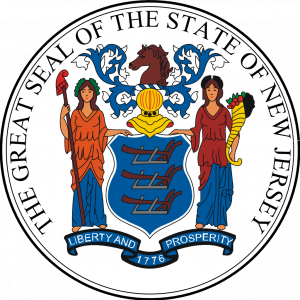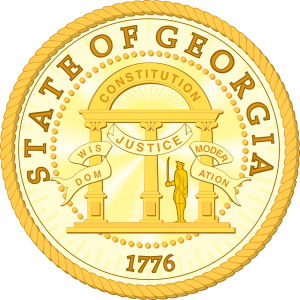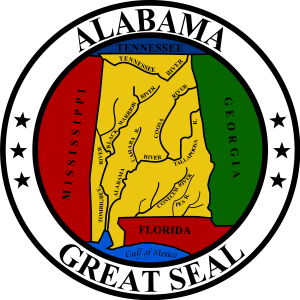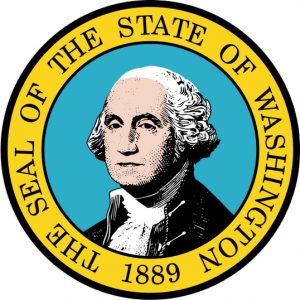The New Jersey Supreme Court upheld a lower court decision that Jersey City’s payroll tax  was not a facial violation of the U.S. Constitution but remanded the matter to create a factual record to evaluate an as-applied challenge to the tax.
was not a facial violation of the U.S. Constitution but remanded the matter to create a factual record to evaluate an as-applied challenge to the tax.
Enacted in 2018, the Jersey City payroll tax applies to employers with payroll exceeding $2,500 in any calendar quarter and is based on the employer’s nonresident employee payroll sourced to Jersey City. The payroll tax statute sources a nonresident employee’s payroll to Jersey City if the employee works in or is supervised from Jersey City. Continue Reading ›
 SeeSALT Blog
SeeSALT Blog




 The Texas Supreme Court issued a decision holding that service receipts are sourced to the physical location of the taxpayer’s personnel or equipment that performed the service for which the customer paid. The decision resolves disagreement regarding the proper interpretation of a Texas franchise tax apportionment statute that addresses the sourcing of service receipts. The statute sources a service provider’s receipts to Texas to the extent the service is “performed” in Texas. The taxpayer argued that its receipts from sales of satellite radio programming subscriptions were properly sourced to the location where its personnel and equipment performed the radio production and transmission services necessary for its radio programming (“origination sourcing”). The Comptroller interpreted the apportionment statute to source service receipts to Texas if the “receipt-producing, end-product act” takes place in Texas, which the Comptroller argued occurred where each subscriber’s radio received and decrypted the taxpayer’s radio signal (“destination sourcing”).
The Texas Supreme Court issued a decision holding that service receipts are sourced to the physical location of the taxpayer’s personnel or equipment that performed the service for which the customer paid. The decision resolves disagreement regarding the proper interpretation of a Texas franchise tax apportionment statute that addresses the sourcing of service receipts. The statute sources a service provider’s receipts to Texas to the extent the service is “performed” in Texas. The taxpayer argued that its receipts from sales of satellite radio programming subscriptions were properly sourced to the location where its personnel and equipment performed the radio production and transmission services necessary for its radio programming (“origination sourcing”). The Comptroller interpreted the apportionment statute to source service receipts to Texas if the “receipt-producing, end-product act” takes place in Texas, which the Comptroller argued occurred where each subscriber’s radio received and decrypted the taxpayer’s radio signal (“destination sourcing”).

